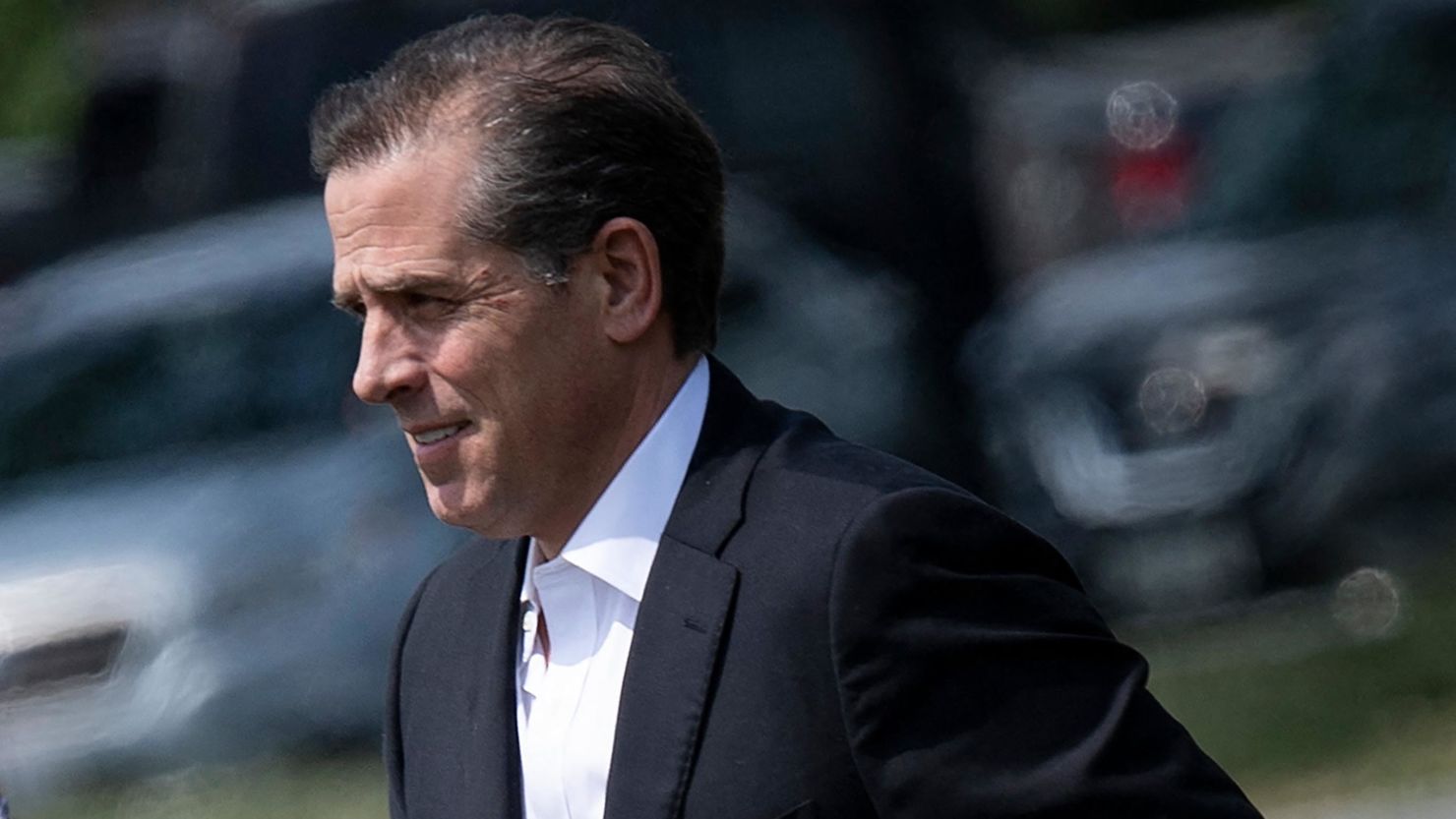Congressional Republicans don’t yet have subpoena power to investigate the Biden administration, but some of their investigative targets are already yielding fruit thanks to a lawsuit filed by conservative state attorneys general.
A federal judge in Louisiana on Monday ordered an FBI cybersecurity official to be deposed in a lawsuit alleging that the FBI coerced social media companies to block stories about Hunter Biden’s laptop ahead of the 2020 election.
The FBI deposition is one of several sought by the state Republican officials in a lawsuit accusing Biden officials of effectively enforcing government censorship by pushing social media companies to, among other things, police speech about the origins of the virus that causes Covid-19, the efficacy of face masks and health care measures intended to curb the spread of the virus, as well as claims about election integrity and the security of voting by mail.
Judge Terry Doughty, a Donald Trump appointee overseeing the lawsuit brought by attorneys general of Missouri and Louisiana, has ordered eight depositions of government officials, including Dr. Anthony Fauci, director of the National Institute of Allergy and Infectious Diseases, former White House press secretary Jen Psaki, and other officials involved in administration’s public health response.
Doughty hasn’t ruled on the merits of the two states’ censorship claims, but has ordered the administration to produce documents identifying government officials and the nature of their communications with social media platforms.

Republican lawmakers in Washington have said that when they take over leadership of House committees they plan to conduct aggressive investigations of the Biden administration. That includes probes related to Hunter Biden, President Joe Biden’s son, of Covid origins, and what they say were social media censorship of conservative views on Covid public-health restrictions.
Those investigations likely are still months away from inception, and they likely face hurdles including executive privilege claims that would restrict access to internal White House documents.
Doughty, however, does not have those restraints. His rulings to date in the alleged censorship lawsuit have opened the way for Republican officials to obtain Biden administration documents and even videotaped depositions of government officials.
Republicans in Washington and elsewhere have pursued claims that government officials were behind moves by social media companies to restrict discussion of Hunter Biden-related stories before the 2020 election. They cite the episode as one of several examples of “censorship” of conservative views by the private companies, which legally have a right to control content on their platforms.
The lawsuit by the Missouri and Louisiana attorneys general represents a novel way to pursue those censorship claims by accusing the Biden administration of effectively censoring conservatives by leaning on the private social media companies. It also represents a way for Republicans to effectively practice oversight of the federal administration from outside Washington.
They’ve found a ready ear in Doughty. He has been open to Republican arguments that the FBI, under the Trump administration, effectively censored discussion of stories published by the New York Post about a laptop belonging to Hunter Biden. The FBI and US intelligence officials had warned earlier that year that Russia and other countries were seeking to use disinformation to influence the US election.
Meta CEO Mark Zuckerberg, in an August interview with podcaster Joe Rogan, appeared to link warnings from the FBI to Facebook’s decision to limit sharing of the New York Post article for several days while the company’s fact checker tried to assess it. In response, dozens of Republican lawmakers wrote Meta seeking communications about the Hunter Biden laptop.
Doughty ordered the deposition of Elvis Chan, a San Francisco-based FBI assistant agent in charge for cybersecurity, even after Meta lawyers wrote to the Missouri solicitor general saying: “Mr. Chan at no point in time advised Meta to ‘suppress the Hunter Biden laptop story.’ Nor did any of his colleagues.”
The judge, in his ruling, said that “even if Chan played no role in the Hunter Biden laptop communication issue, he may have knowledge of who did and his deposition is nonetheless warranted.”
The FBI didn’t respond to a request for comment. The Justice Department and Fauci did not comment.
Doughty has previously gained attention with rulings that blocked a Biden administration vaccine mandate and overturning a ban on federal oil and gas leases.
Justice officials face tough odds to try to block Doughty’s orders, in part because their appeals would go the conservative-dominated 5th US Circuit Court of Appeals, which repeatedly has paved the way for Republican initiatives, including the Texas law that effectively banned abortion before the US Supreme Court overturned federal abortion rights under Roe v. Wade.
Facing those odds, the Justice Department is seeking block the public release of the video depositions ordered by Doughty. Government lawyers raised concerns about the privacy and safety of government officials, citing threats that Fauci has received threats over his role in nation’s Covid response. In August, a West Virginia man was sentenced to 37 months in federal prison for sending threatening messages to Fauci, including one saying Fauci and his family would be “dragged into the street, beaten to death, and set on fire.”
“Civil servants do not volunteer to become public figures when they join the federal ranks; they do not expect to be dragged into the spotlight as a result of litigation,” the Justice Department argued in a court filing last week. “And, more specifically, they do not reasonably expect that they will be subjected to video-recorded, publicly disseminated cross-examination about the way that they carried out their job duties.”

